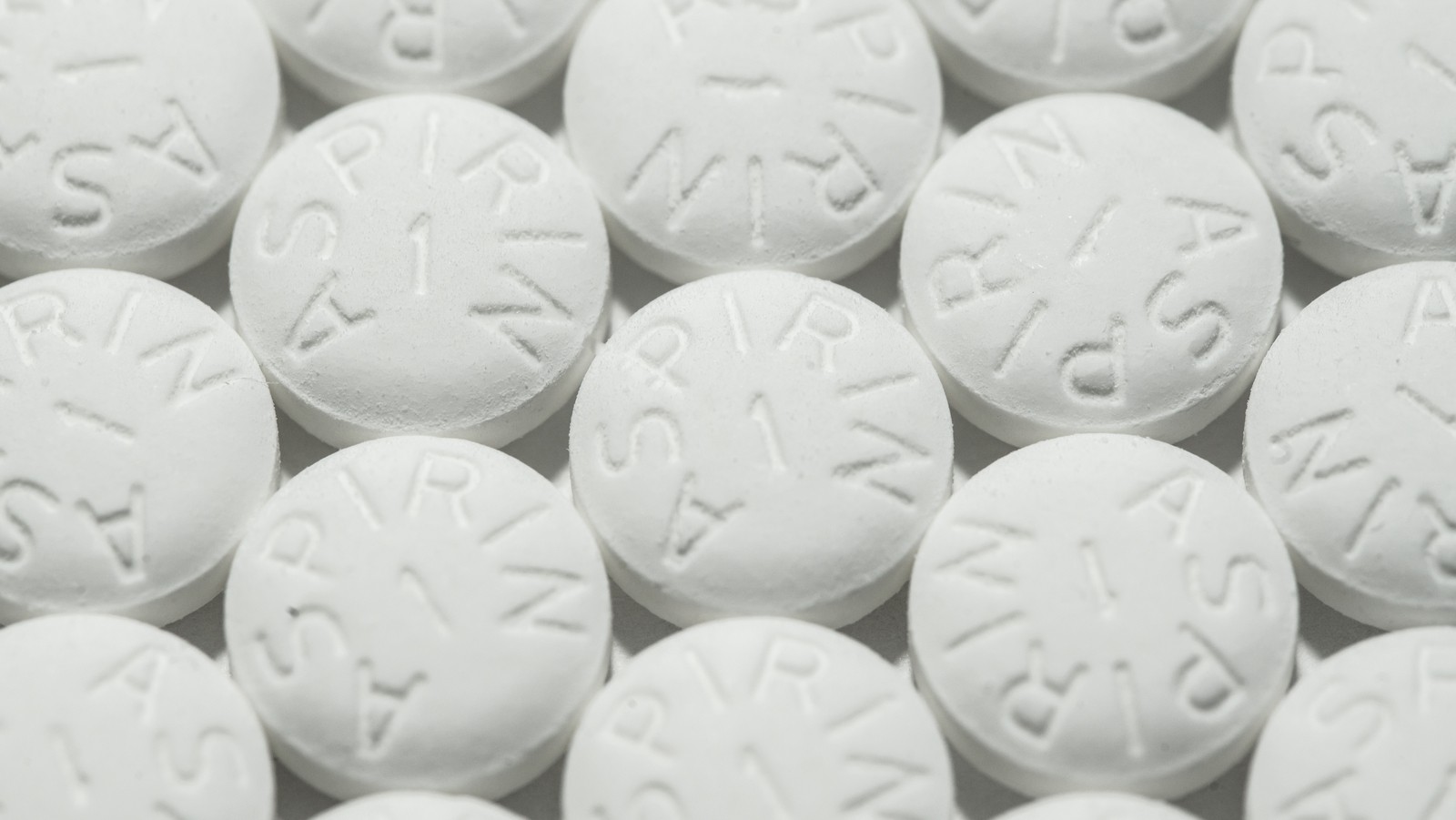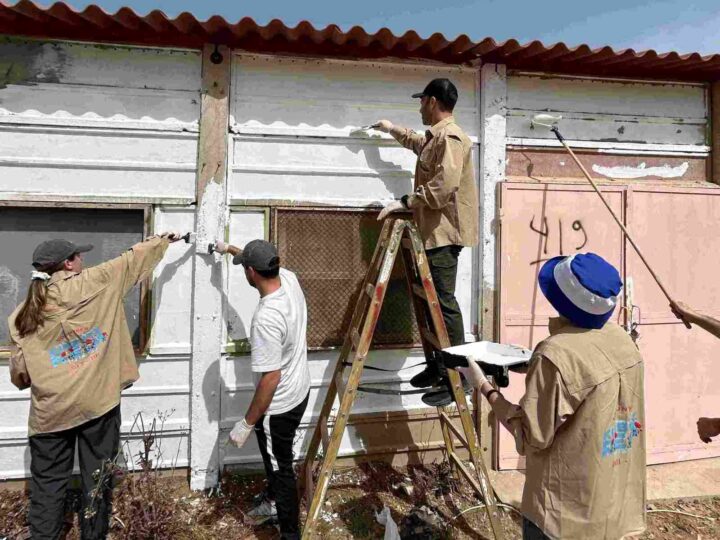Healthy people taking aspirin regularly to prevent cardiovascular disease had a 29 percent lower likelihood of Covid-19 infection compared to aspirin non-users, according to an observational epidemiological study from Israel published in The FEBS Journal.
Researchers from Leumit Health Services, Bar-Ilan University and Barzilai Medical Center analyzed data of 10,477 members of the Leumit HMO who had been tested for Covid-19 from February 1, 2020 to June 30, 2020.
They knew that aspirin was widely used during the 1918 Spanish influenza pandemic several decades before its activity against RNA viruses was understood.
They were also aware of studies showing that aspirin, in addition to reducing inflammation, can help the immune system battle some viral infections.
They hypothesized that pre-infection treatment with low-dose aspirin (75mg) might have a l beneficial effect on Covid-19 susceptibility and disease duration.
“The present study sought to better understand the potential favorable effects of aspirin in aiding the human immune system battle Covid-19,” said Dr. Milana Frenkel-Morgenstern of the Azrieli Faculty of Medicine of Bar-Ilan University.
Aside from the lower likelihood of infection among aspirin users, the data also revealed that the conversion time of SARS-CoV-2 PCR test results from positive to negative among aspirin-using Covid-positive patients was significantly shorter, and the disease duration was two-three days shorter, depending upon the patients’ preexisting conditions.
“This observation of the possible beneficial effect of low doses of aspirin on Covid-19 infection is preliminary but seems very promising,” says Prof. Eli Magen from Barzilai Medical Center, who led the study.
Principal investigator Dr. Eugene Merzon, from Leumit Health Services, emphasizes the importance of repeating the study results using larger samples, and including patients from other hospitals and countries, to verify the results.
















